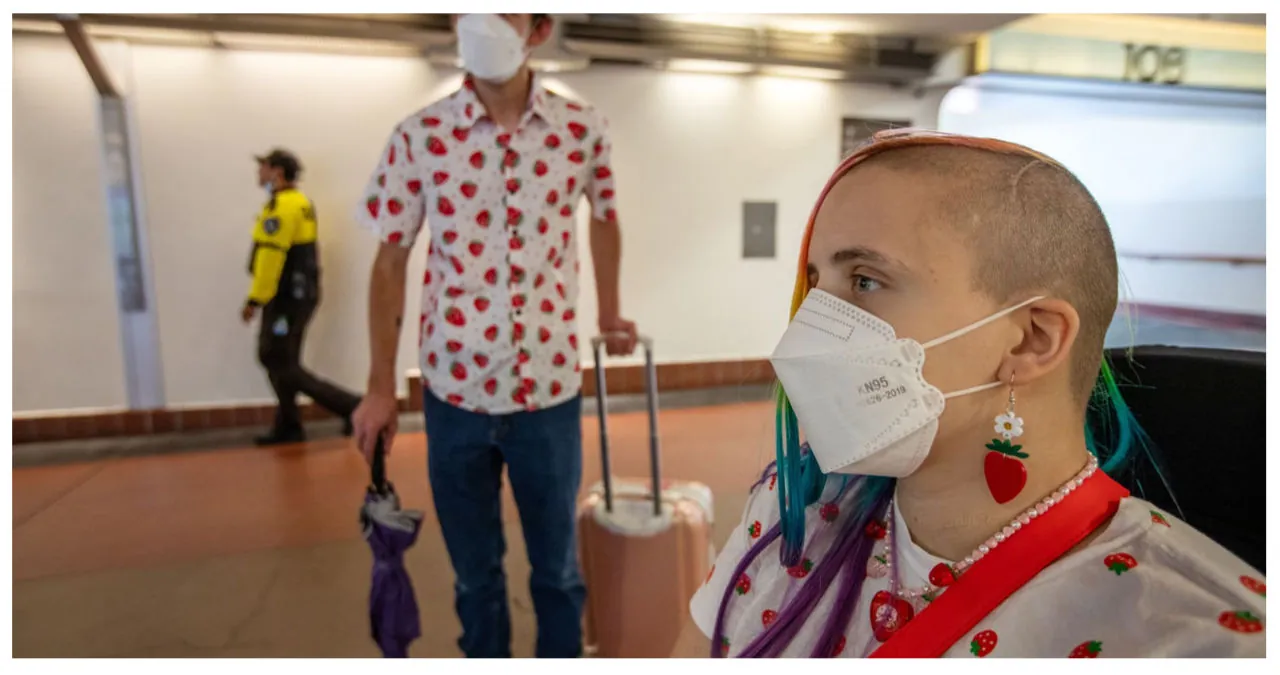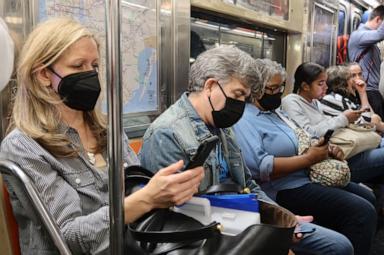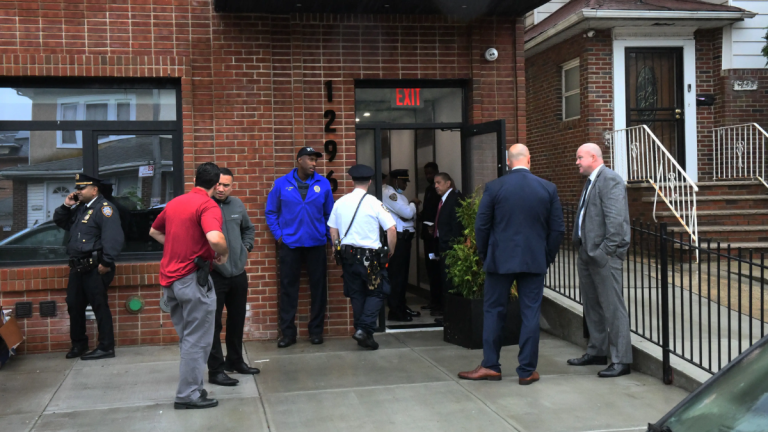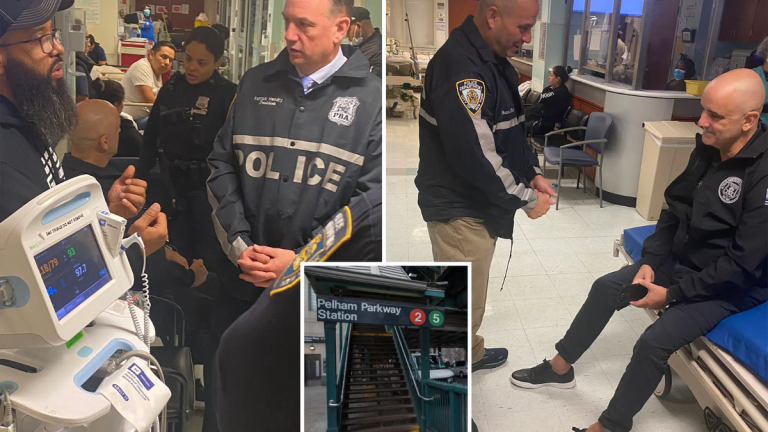Mandatory indoor mask-wearing enforced by hospitals in multiple states
Indoor masking rules are being reintroduced by several hospitals in the United States due to a surge in respiratory illnesses, including COVID-19 and influenza, leading to increased cases and hospitalizations.
Masking guidelines have been implemented in hospitals across six states, including California, Illinois, Massachusetts, North Carolina, Washington, and Wisconsin, as reported by ABC News.
Mass General Brigham, the largest health system in Massachusetts, recently implemented new guidelines mandating the use of masks for employee caregivers and those working in patient care areas, according to a statement provided to ABC News.
Dana-Farber Cancer Institute, another hospital in Massachusetts, informed ABC News that it reintroduced its mandate for wearing masks on December 18. This decision was made in response to the increased prevalence of respiratory illnesses.
Cook County Health, a healthcare provider based in and around Chicago, implemented a new policy on December 26th. In an effort to prioritize the safety of its staff, patients, and visitors, the organization now requires everyone aged 2 and older to wear masks in waiting rooms and patient exam rooms. This policy applies to all individuals entering these areas, ensuring a proactive approach to preventing the spread of COVID-19.
A new Los Angeles County Public Health order has been implemented, mandating that all health care personnel wear masks when interacting with patients or working in patient care areas. This order was put into place after the county’s COVID-19 hospital admission level reached the “medium” threshold, which indicates between 10 and 19.9 new COVID-19 hospital admissions per 100,000.
According to Dr. John Brownstein, an epidemiologist and chief innovation officer at Boston Children’s Hospital and an ABC News contributor, hospitals are currently dealing with a high number of patients and staff members who are at risk of severe illness. This is the primary reason why mask guidelines have been reintroduced as cases continue to rise.
According to the expert, the primary focus should be on safeguarding the most vulnerable and at-risk individuals, who often have underlying health conditions, within healthcare facilities and hospitals. These establishments are likely to witness a significant influx of respiratory illness cases. Therefore, it is crucial to implement effective measures to minimize the transmission of the virus and protect both patients and healthcare workers.
According to the Centers for Disease Control and Prevention (CDC), 31 states and Washington, D.C. are currently reporting high or very high levels of respiratory illness activity. This activity is defined as individuals seeking medical attention for respiratory complaints like fever, sore throat, or cough.
According to the CDC, there were 29,059 new weekly hospital admissions due to COVID-19 during the week ending Dec. 23, the latest available data. This marks the seventh consecutive week of increases and the highest number reported since late January 2023.
According to data from the CDC, there was a significant increase in new hospital admissions related to influenza for the week ending on December 23. The number rose to 14,732, compared to the previous week’s total of 9,930.
According to Brownstein, it comes as no surprise that there has been a rise in cases. He attributes this increase to the fact that the United States is currently in the midst of respiratory virus season, coupled with recent holiday travel and gatherings.
According to the expert, the observed data shows a rise in illnesses, and although it may not be surprising, wearing masks can still be beneficial. The expert emphasizes that this applies not only to respiratory pathogens like RSV, COVID, and the flu, but also to other respiratory pathogens that are circulating. In other words, adopting a universal strategy of wearing masks can be effective in combating various respiratory illnesses.
To prevent the healthcare system from being overwhelmed by the surge in respiratory illnesses, Brownstein advises individuals to stay at home when they are sick. It is also crucial to seek medical attention if symptoms worsen or fail to improve.
He emphasized the importance of minimizing the strain on hospitals and prioritizing care for those in critical need. While acknowledging the prevalence of illness in the population, he stressed the need to preserve hospital capacity. He urged individuals to seek emergency department services if necessary, but also highlighted the current focus on ensuring hospitals can effectively manage severe cases while still providing routine care.
More News:
- The Rose Bowl Game’s Referee Has An Interesting Background
- Arrests made following discovery of missing 11-year-old girl from northeast Indiana in Wisconsin








